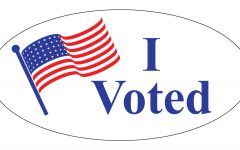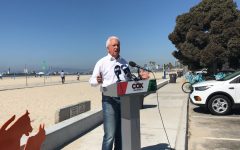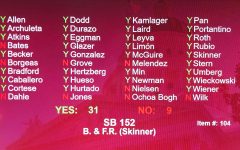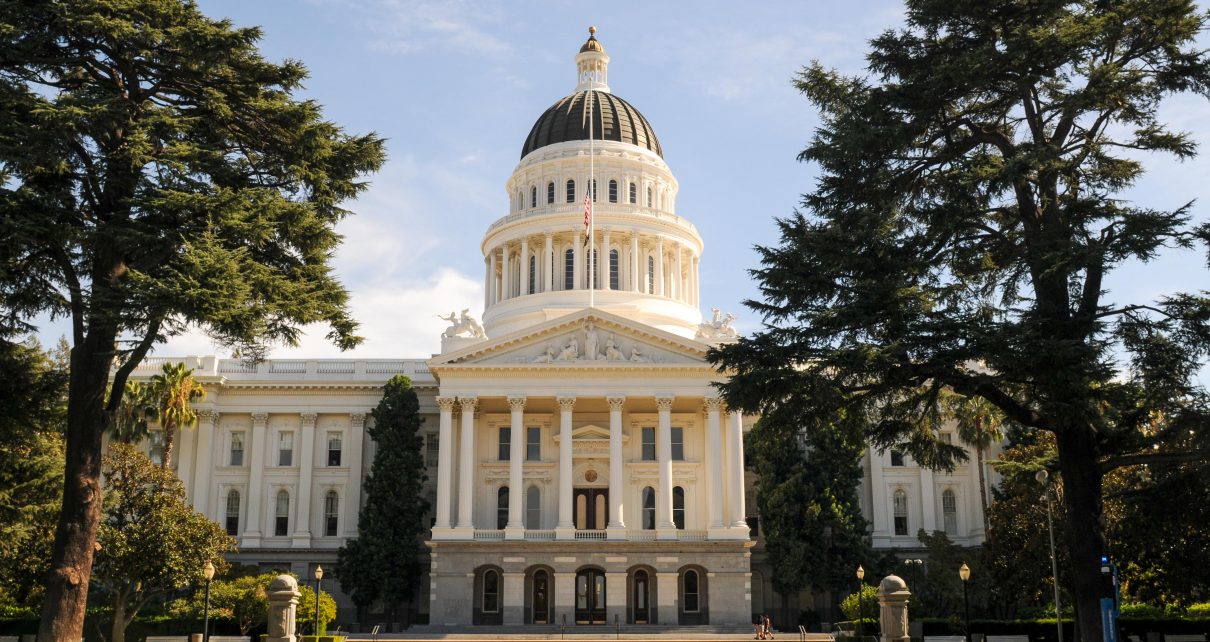
California State Capitol. (Photo: Kevin Sanders for California Globe)
Legislative Election Committees Meet Over Possible Recall Rule Changes
Recall changes will need to be approved by California voters
By Evan Symon, December 7, 2021 4:06 pm
A joint meeting of the Assembly and Senate elections committees was held in Sacramento on Monday, with state lawmakers looking into possible changes to California’s recall rules.
California’s recall process has been under scrutiny in recent years from both lawmakers and the public. While few recall efforts managed to bring an election against state-level lawmakers, county and local elected officials have seen both an uptick of recall attempts and successful recalls, most notably among school boards. Despite past years having nationally reported recall elections succeed, such as in 2018 when state Senator Josh Newman (D-Fullerton) was recalled over his support of a gas tax and Santa Clara County Judge Aaron Persky was recalled over giving a light sentence to a rapist, 2021 proved to be a huge year for recalls.
While Governor Gavin Newsom survived his recall, nearly two dozen school board recalls gathered enough signatures to trigger an election too. In total, California accounted for 25% of all recall efforts in the country this year, many of which stemmed from the elected officials roles in COVID-19 policies. And it will likely not end soon, as 2022 already has recall elections against San Francisco District Attorney Chesa Boudin and three members of the San Francisco School Board planned. Other possible elections are also highly likely, including recalls against other school board members, against city council members, and against Los Angeles District Attorney George Gascon.
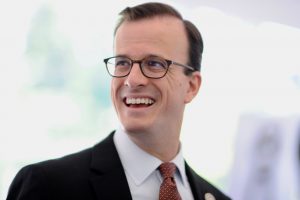
However, the ease of these recalls and the growing number of recall attempts getting enough signatures to make the ballot, as well as the high cost that some recalls put on the taxpayers , with the 2021 Newsom recall costing $243 million, brought enough scrutiny to trigger the legislative election committees to look into possible changes on Monday.
“I come into these discussions with a completely open mind and I have not made any decisions about specific reforms that I might support,” said Assemblyman Marc Berman (D-Menlo Park) on Monday.
The second meeting in a series at looking into possible recall changes, the lawmakers have been looking into multiple possible changes, such as limiting recall attempts to solely improper conduct such as doing illegal things or fraudulent actions, changes to how replacements ere selected, and increasing the number of signatures needed for a petition to succeed.
Possible future recall changes in California
Both Republicans and Democrats noted that “for-cause” elections are vaguely defined, allowing virtually any reason as a reason to recall a candidate rather than a specific reason that makes them unfit for office.
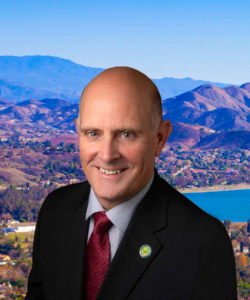
“For-cause issues are vague, they can be interpreted a thousand different ways, they are ambiguous,” added Assemblyman Kelly Seyarto (R-Murrieta). “We’re not ever going to be able to come up with the exact reasons that we will allow people to recall.”
Some experts at the hearing on Monday even insinuated that many of the recall attempts in California in recent years are frivolous or “revenge” recalls not always based on facts.
“What seems to be going on in these states that have the cause requirement and have the judicial review is that petitions that are frivolous or that are not based in sound fact are being rejected,” said University of the Pacific law professor Mary-Beth Moylan at the hearing.
Others defended it, such as Orrin Heatlie, the leading voice behind the 2021 Newsom recall attempt, noting that the recall law had been specifically written to not include legislative interference.
“The constitutional amendments that were written in 1911 were written specifically to keep your hands out of the process,” Heatlie said on Monday.
Recall experts added on Monday that any changes that lawmakers come up with cannot be changed directly by the legislature.
“Recall changes will need to be approved by California voters,” said former lobbyist Harry Schultz to the Globe on Tuesday. “Republicans know that any changes could hinder recall plans in many races, even in situations where a certain lawmakers does poorly halfway through and voters feel like they need to go sooner rather than later. In a state like California, just based on the ratio of party membership, the lawmakers will more likely be a Democrat than Republican. Other officials, like judges who remain non-partisan when it comes to parties, also follow the same line based on ideology.”
“But Democrats also know that they may push for these huge changes now, but could come back to bite them in the future, especially if, say, Republicans begin turning the tide back in California like they had done in the Midwest in the last several decades. Then they screwed themselves out of many possible recall changes. Short-term thinking to stop some recalls now rather than see the whole picture, well, it could be a problem for them in the future. So everyone needs to proceed carefully.”
Other hearings over recall changes are expected to continue into 2022, with proposed reforms likely to come in the near future.
- Bill to Require Law Enforcement Disclosure if AI Was Used To Help Write Reports - August 7, 2025
- Gov. Newsom Files FOIA Request To ‘Expose True Cost’ Of L.A. Federal Troop Deployment for Anti-ICE Riots - August 6, 2025
- California Redistricting: How Newsom’s Plan Will Demolish Hard Fought GOP Gains - August 6, 2025


